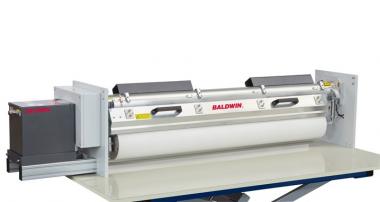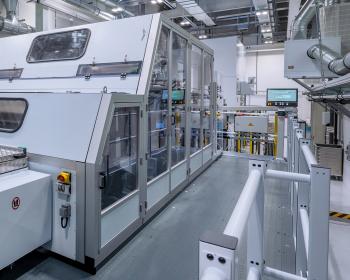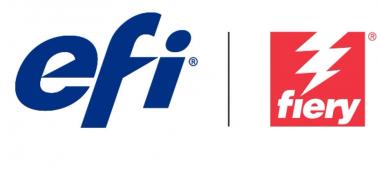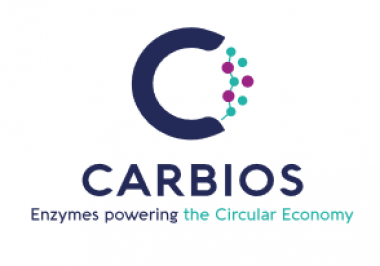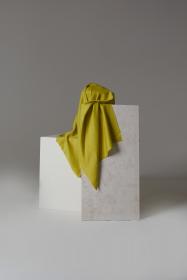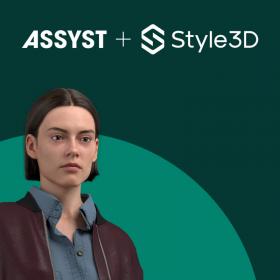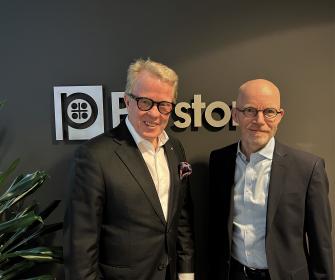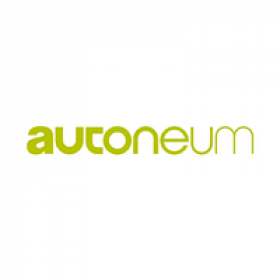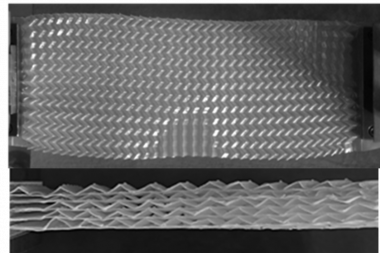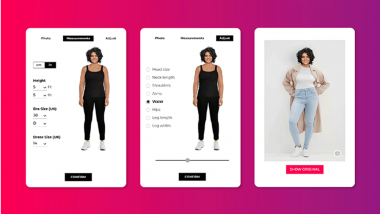Majocchi uses Baldwin’s Corona Treatment Technology
Majocchi, an Italian textile manufacturer, reports that it has achieved functional and visual appeal with its key fabrics since installing Baldwin Technology Co. Inc.’s corona surface treatment technology.
Based in Tavernerio (Como), Majocchi has a history of being a technological innovator in the textile industry. Within a decade of its conception in 1941, Majocchi became a global supplier of waterproof cotton for rainwear manufacturers. In the 1960s, the company began producing nylon and technical fabrics, which paved the way for it to become a leading provider of textiles for urban fashion, technical workwear and the military today.
Majocchi has partnered with U.S -based Baldwin Technology Co. to utilize its unrivaled corona surface-treatment technology to produce superior wettability and adhesion.
Corona treatment is a technique that temporarily modifies a substrate’s surface tension properties. The corona oxidation process improves the penetration and absorption of liquids on cellulosic and synthetic fabrics. Utilizing corona treatment before resin application on fabrics such as lycra and nylon facilitates superior adhesion and resin distribution. As a result, corona-treated fabrics provide exceptional color and tonal quality.
Majocchi uses Baldwin’s Corona Pure Model to apply polyurethane and acrylic-based coatings to its fabrics. The system allows Majocchi to administer a controllable, uniform coating to achieve the desired functionality and aesthetics.
The system is 2,000 millimeters wide with a discharging station and four ceramic electrodes designed for textile applications with the flexibility of customizing plasma dosage for a given fabric structure, width and process speed. The Corona Pure model allows for fabric treatment up to 300 gr/m² in thickness. The system is customizable, with single-sided and dual-sided treatment capabilities. The “Easy Change” feature allows for a seamless replacing of electrodes and rapid cleaning and removal of fiber and dust residue, maintaining optimal exhaust air flow. The treatment system is built with a swiveling housing mechanism, which provides clearance for changes in textile thickness and protects the ceramic electrodes.


